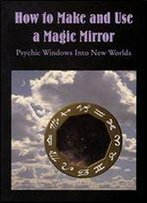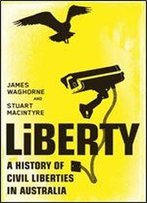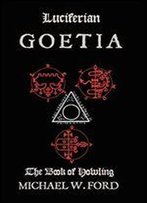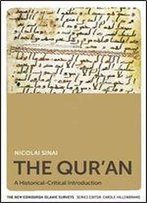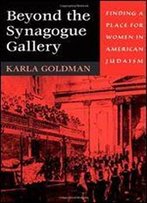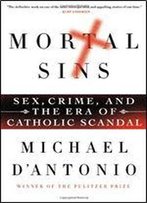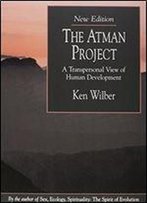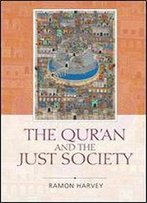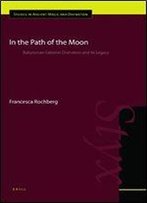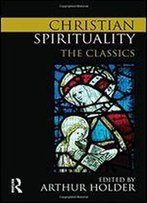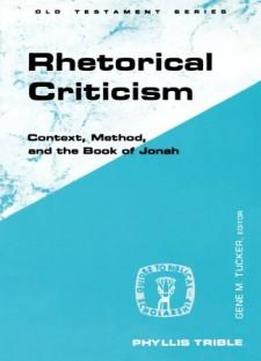
Rhetorical Criticism (guides To Biblical Scholarship)
by Phyllis Trible /
1994 / English / DjVu
3.9 MB Download
Phyllis Trible examines rhetorical criticism as a discipline within
biblical studies. In Part One she surveys the historical
antecedents of the method from ancient times to the postmodern era:
classical rhetoric, literary critical theory, literary study of the
Bible, and form criticism. Trible then presents samples of
rhetorical analysis as the art of composition and as the art of
persuasion. In Part Two, formulated guidelines are applied to a
detailed study of the book of Jonah. A close reading with respect
to structure, syntax, style, and substance elicits a host of
meanings embedded in text, enabling the relationship between
artistry and theology to emerge with clarity. Rhetorical Criticism
has many distinctive features. It is the first comprehensive
treatment of biblical rhetorical criticism as it has emerged within
the latter half of the twentieth century. a didactic treatise that
combines theoretical discussion, practical guidelines, and detailed
exegesis interdisciplinary in approach, engaging the rhetorical
study of the Bible with expanding developments in secular literary
criticism (structuralism, poetics, reader-response criticism, and
deconstruction, for example) and in the similarly burgeoning field
of contemporary rhetoric itself a model of the rhetorical analysis
that it describes accessible both to the novice and to the scholar
Phyllis Trible examines rhetorical criticism as a discipline within
biblical studies. In Part One she surveys the historical
antecedents of the method from ancient times to the postmodern era:
classical rhetoric, literary critical theory, literary study of the
Bible, and form criticism. Trible then presents samples of
rhetorical analysis as the art of composition and as the art of
persuasion. In Part Two, formulated guidelines are applied to a
detailed study of the book of Jonah. A close reading with respect
to structure, syntax, style, and substance elicits a host of
meanings embedded in text, enabling the relationship between
artistry and theology to emerge with clarity. Rhetorical Criticism
has many distinctive features. It is the first comprehensive
treatment of biblical rhetorical criticism as it has emerged within
the latter half of the twentieth century. a didactic treatise that
combines theoretical discussion, practical guidelines, and detailed
exegesis interdisciplinary in approach, engaging the rhetorical
study of the Bible with expanding developments in secular literary
criticism (structuralism, poetics, reader-response criticism, and
deconstruction, for example) and in the similarly burgeoning field
of contemporary rhetoric itself a model of the rhetorical analysis
that it describes accessible both to the novice and to the scholar
